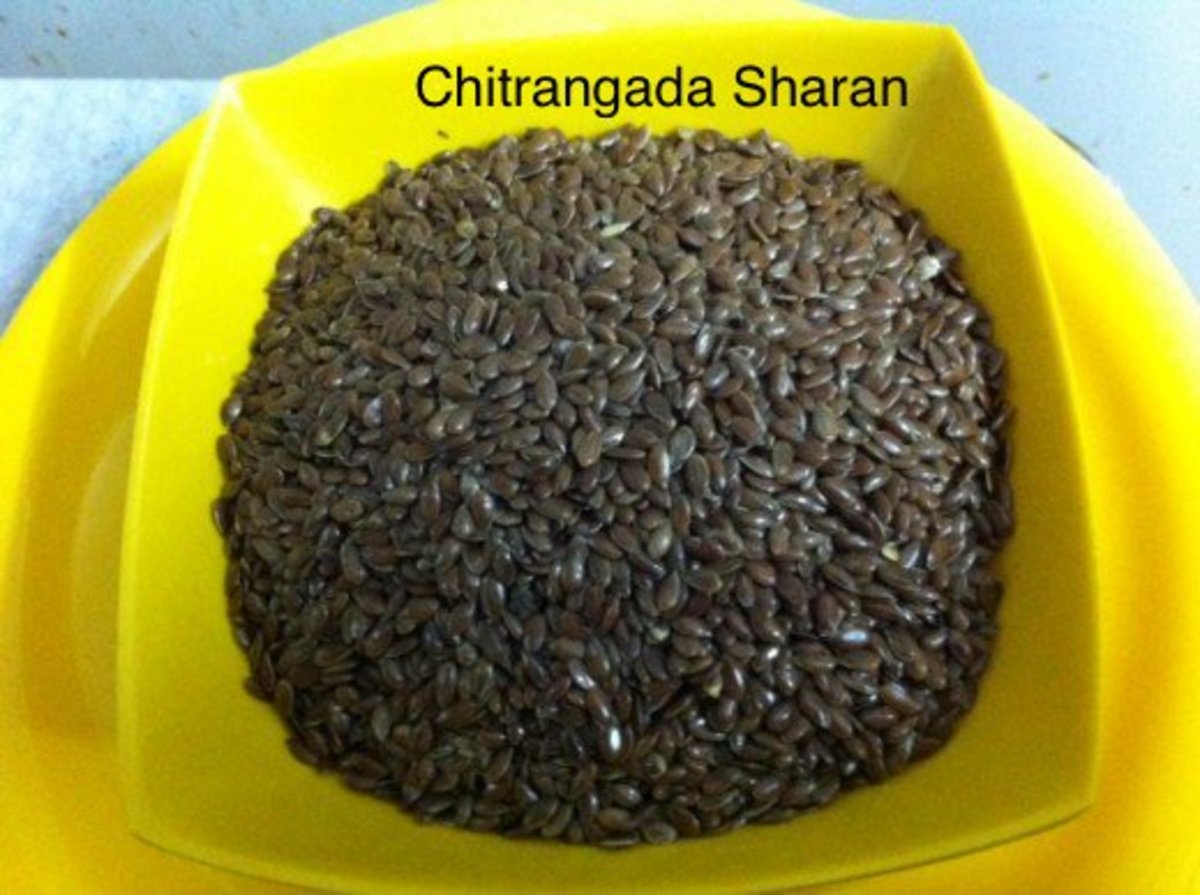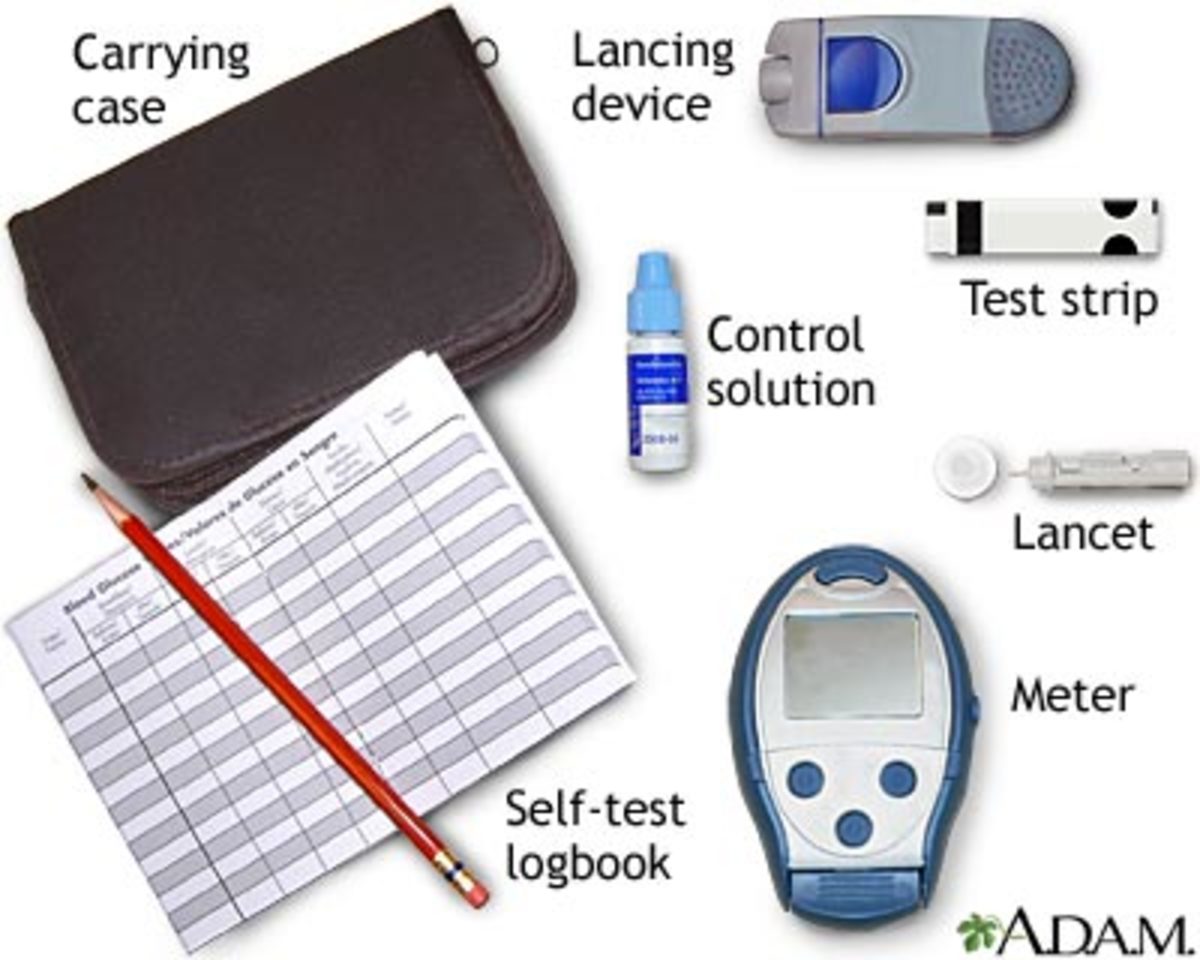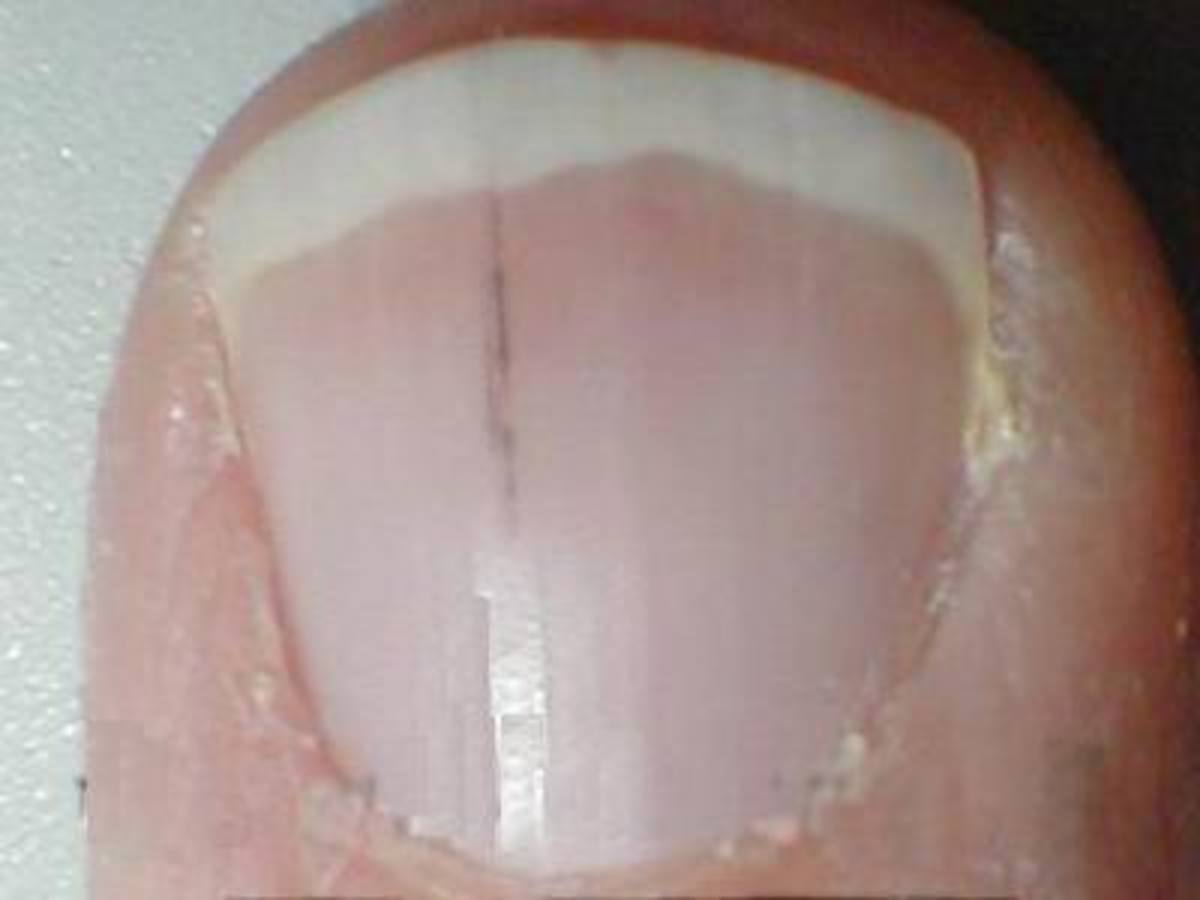How A Tomato Pill Can Improve Blood Vessel Function To Reduce The Number of Death Globally.

Heart Failure Set to Increase
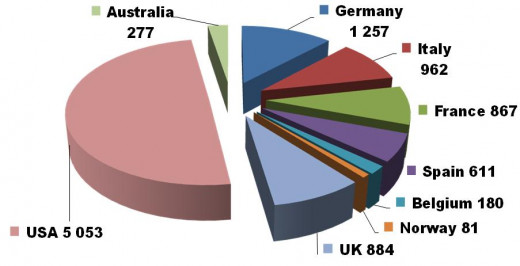
Eat for a Healthier Heart

Cardiovascular Diseases and Risk Factors
Cardiovascular disease (CVD) is an umbrella term used to describe all diseases of the heart and circulation. They include heart failure, stroke, congenital heart disease and coronary heart diseases (CHD) such as angina and myocardial infarction (MI).
CVDs are the leading cause of death and disability globally, one of the main causes of deaths in the US since 1921. In 2003, CVDs accounted for 34.4% of the 2.4 million deaths in the US.
According to the British Heart Foundation, In 2010, the number of fatalities from CVDs was 180,000 in the UK, 80,000 of these deaths were caused by CHD, around 49,000 due to strokes. Premature deaths from CVDs accounted for 46,000, of which 68% were men.
There are around 152,000 cases of strokes in the UK every year, more than one every 5 minutes, one in every five strokes are fatal. Premature death rates from stroke are around three times higher in the most deprived areas. Stroke causes about 7% of deaths in men and 10% of deaths in women, the higher rate for women, may be because women tend to live longer than men.
According to the CDC, Under the age of 60, women who have a heart attack are more likely to die than men who have a heart attack. In 2009 to 2010, about 47% of adults had, at least, one of three risk factors for cardiovascular disease:
- Uncontrolled high blood pressure
- Uncontrolled elevated levels of low-density lipoproteins (LDL) cholesterol
- Current Smoking
Although the statistics are alarming, the news is not all bad. In the last ten years, the death rate from CHD in England has fallen by 45% in people under the age of 65 years.
Deaths from coronary attack have halved since 2002, the incidence of heart attack or myocardial infarction (MI) have fallen in all regions of England. Stroke mortality rates have halved over the last 20 years, achieving mortality targets as set by successive governments.
Death rates from CHD are higher in areas of greatest deprivation such as Scotland and the North of England.
Eliminating the Risk Factor
The improved mortality rate for CVDs over the last ten is due to better management of both the condition and the risk factors. Prescriptions for lipid-lowering and antihypertensive drugs have largely increased. Percutaneous coronary interventions have helped to improve survival rate after a Coronary event and are now common place. Smoking has fallen dramatically in recent years. We eat less fat, less sugar, less salt and continues to up our fruit and vegetable intake. As a nation, we are exercising more and are more aware of what we are eating and taking into our bodies.
Smoking
According to research studies, around 50% of the improved mortality rate of CVDs is due to prevention such a reduction in smoking. It is interesting that the prevalence of smoking among adults is also lower in England and higher in more deprived areas.
Most people are aware that smoking increases the risk of CHD; a 50-year study found that CHD mortality was about 60% greater in smokers and 80% higher in heavy smokers when compared with non-smokers. The study concluded that their habit will eventually kill about 50% of all regular smokers.
In England, there is little variation in smoking rates by region, but rates are marginally higher in the North. Rates in Scotland, Wales and Northern Ireland, are greater than England.
England (20%)
Scotland (24%)
Wales (25%)
Northern Ireland (24%)
The Incidence of angina in men appears highest in Wales, for women, it is greater in Scotland. However, for both sexes, the rate of angina is lowest in England. While the decline in death rate in the UK is encouraging, we are still lagging behind countries like Australia (48% ) and Norway (54%).
The reduction in the incidence of CHD in the UK did not happen by accident; governments have been setting some very ambitious targets for reducing the number of deaths throughout the UK, especially in the high risk 40 -60 age group.
Diet
As a result of education, more people are eating healthier foods, but there is still room for improvement. While a large number of people are eating the recommended 5 to 7 portions of fruit and vegetables per day, only one-fifth of boys and girls aged 5 to 15 are consuming sufficient quantities.
Eating significant amounts of fruit and vegetables can reduce the risk of stroke by a huge 30%, the more we consume, the lower the risks, every additional portion we eat, reduce the risk by 5%.
Exercise
More of us take regular exercise, although there are still more men than women meeting the government's recommendations for physical activities. Well done men, but don't rest on your laurels, still only half of the men in the UK are meeting the recommendations.
Alcohol a Risk Factor
In 2010, 36% of men and 28% of women regularly exceeded the recommended alcohol intake. While there has clearly been an improvement in our health, there is still a long way to go.
Obesity
People who are overweight or obese, have a higher risk of developing coronary heart disease. The World Health Organisation's (WHO) definition of obesity is:
- A BMI greater than or equal to 25 is overweight
- A BMI greater than or equal to 30 is obesity
Body Mass Index (BMI) is a calculation used to indicate whether a person has a healthy weight for their height. BMI is calculated by dividing the weight in kilograms by the height in meters squared.
BMI is the same as male and female. However, since it may not correspond to the same degree of fatness in different people, it should be seen as a rough guide only.
More than a quarter of adults in England are obese, in the US more than one-third of the adult population is obese. Obesity and overweight are significant risks for global deaths. Approximately 3.4 million adults die each year as a result of being overweight or obese.
More than 40 million children under the age of 5 were overweight or obese in 2012. Obesity was once considered a problem mainly for high-income countries but is now on the rise in low and middle-income countries especially in the urban areas.
Research shows that individuals who fit moderate activity like walking, into their daily life, tends to burn more energy than those who make weekly visits to the gym. For short journeys, walking instead of driving or using public transport can be extremely beneficial to health. Walking 10,000 steps a day can burn up to 400 calories.
Diabetes
Researchers have demonstrated a strong link in individuals with large waist circumference and an increased risk of developing type 2 diabetes, independent of a person's BMI. A Large waist size is defined as over 40 inches/102cm for men and over 34.5 inches/88 cm for women.
The Diabetes UK risk score now includes waist size as one of the measures. Diabetes is a high-risk factor for CVDs. Uncontrolled diabetes causes damages to the blood vessels, which makes them more susceptible to damages from atherosclerosis and hypertension.
People with diabetes are 2 to 3 times more likely to develop CVDs that continues to be a leading cause of deaths for people with diabetes.
Obesity rate continues to rise
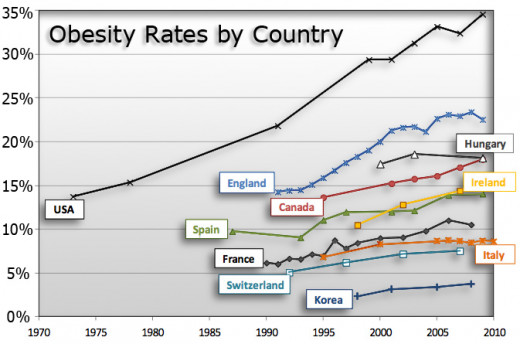

Why lycopene may be beneficial to Health
- Lycopene is a powerful antioxidant found in the red pigment in the skin of ripe tomatoes and some fruits and vegetables
- Predicted to potentially, extend and possibly save lives
- Ateronon is a lycopene supplement, but unlike natural lycopene, it is easy to absorb
- Ateronon is marketed and sold for around £35/month
- Each pill is the equivalent of eating approximately three kilos of tomatoes/day
- Pills may increase blood flow by 50% in patients with cardiovascular diseases
- A 2013 Finnish study found that men with lowest levels of lycopene were up to 60% more likely to have a heart attack (Myocardial infarction or MI)
- Result in the British Journal of Nutrition showed, that eating foods rich in lycopene regularly, over a period of eleven years can reduce the risk of coronary heart disease by 26%, but had no effect on the chances of strokes
- The antioxidant properties of ripe tomatoes have been long associated with reducing the risk of prostate cancer in men
- Mediterranean diet rich in lycopene and olive oil is known to decrease the risk of heart attack and stroke
- Lycopene may also be beneficial in reducing the risk of other chronic diseases, but more comprehensive research is needed.
New Lycopene Tomato Pill for preventing Coronary Heart Disease
A new tomato based health pill was recently launched in the UK. Scientists believe that the pill could potentially save and extend lives of millions of people throughout the world.
According to British scientists, the lycopene-rich pill work by widening blood vessels, cleaning and unclogging fat from arteries to prevent cardiovascular disease.
The lycopene supplement known as "Ateronon" is made by Cambridge Theranostics, linked to Cambridge University. The pill contains a version of the naturally occurring carotenoid compound lycopene. Lycopene can be significant in the treatment of high blood cholesterol and atherosclerosis.
When LDL cholesterol (bad cholesterol) is oxidized, it causes a build-up of plaque that fur up the arteries. Ateronon is said to be clinically proven to help inhibit the oxidation process of LDL cholesterol.
Lycopene is a natural chemical compound found in some fruits and vegetables. The skin of ripe tomatoes is a rich source of the compound.
A small controlled randomised trial was done by the University of Cambridge, Cambridge University Hospital NHS Foundation Trust in the UK. The test also included The University of Tartu, in Estonia, funded by the Welcome Trust. The British Heart Foundation and others. The study found that the blood vessels in people with cardiovascular disease who took statins became dilated to a greater degree, improving by 53% when treated with acetylcholine, after taking lycopene every day for two months, rather than a placebo.
There were no apparent changes on the blood vessels and endothelial function of healthy volunteers after lycopene treatment.
Lycopene is said to be able to clean out almost all the harmful fats in the blood within eight weeks. The controlled trial investigated the effects of lycopene in tomatoes and other fruits and vegetables on the blood vessels of patients with cardiovascular disease.
Some of the participants were taking statins; others were healthy volunteers with no history of CVD. Clinical tests on lycopene and its effects on cardiovascular diseases and other chronic conditions are ongoing.
Lycopene is well known as a powerful anti-oxidant able to remove potentially damaging free radicals from the body, but the new study shows that lycopene can control cholesterol by preventing the break up of fats within the blood vessels.
Scientists are currently debating the trial results of this potent anti-oxidant. Among the various theories debated is that carotenoids, including lycopene, may be able to help the body's cells communicate with each other.
Scientists have known for some time that where there is a lack of inter-cell communication, there is the potential for developing diseases such as cancer. There is evidence that lycopene plays a beneficial role in human health by preventing chronic diseases. However; there are more studies planned for the future.
How arteries can become blocked over time
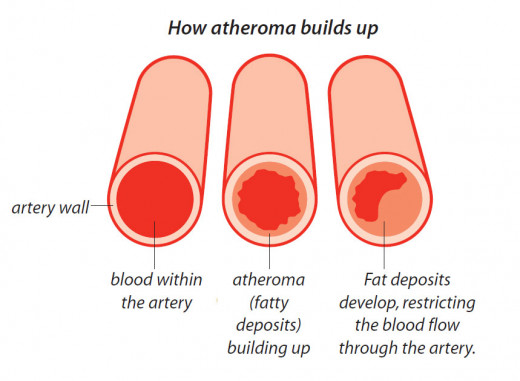
US death per 100,000 per population from CVDs
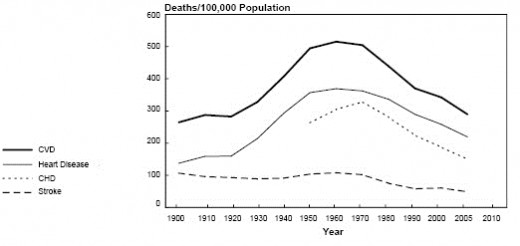
US Deaths per 100,000 Population by Sex and Ethnicity
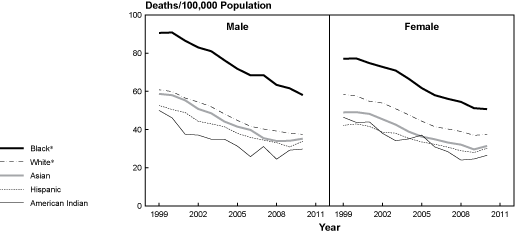
Growing evidence that lycopene rich diet may be beneficial in chronic conditions
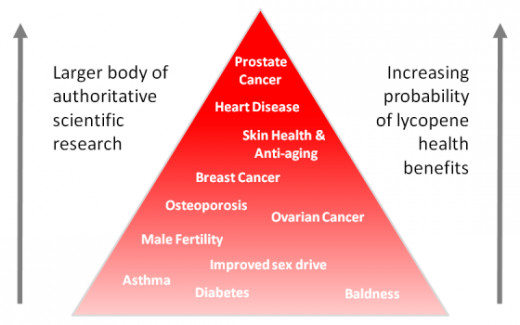
Tomatoes, New Hope For Stopping Heart Disese

Lycopene, naturally occurring anti-oxidant found in tomatoes and other red fruits and vegetables

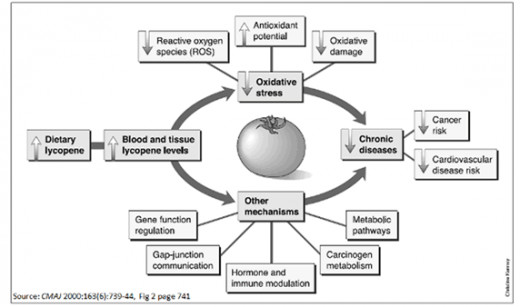
Best Lycopene Foods For Preventing Heart Disease
Foods
| Lycopene content per 100g
| Quantity
|
|---|---|---|
Tomatoes
| (cooked) 3041ug
| Per cup (240g). One cup of raw cherry tomatoes provides 3834ug of lycopene. One cup of raw, chopped tomatoes provides 4631ug of lycopene
|
Watermelon
| 4532ug
| Per cup diced (152g) = 6889ug
|
Papaya
| 1828ug
| Per cup, pieces (145g) = 2651ug
|
Pink grapefruit
| 1135ug
| Per cup, sections (230g) =2611ug. Per half (128g) = 1453ug
|
Chilled Tomato Sauce
| 12819ug
| Per cup, (273g) = 34996ug
|
Pink Guavas
| 5204ug
| Per cup (165g) = 8587ug
|
Sweet red peppers
| Cooked, 484ug
| Per cup chopped, (106g) = 513ug
|
Asparagus
| Cooked 30ug
| Per 1/2 cup (90g) = 27ug
|
Red Cabbage
| 20ug
| Per cup, chopped, (89g) = 18ug
|
Mango
| 3ug
| Per cup, pieces (165g) = 5ug
|
Carrots
| 1ug
| Per cup, chopped (128g) = 1.3ug
|
Sun dried tomatoes
| 45902ug
| 918ug, per piece (2g)
|
Tomato puree
| 21754ug
| Per cup (250g) = 54385ug
|
Dried herbs and spices i.e (Basil)
| 393ug
| per 1 teaspoon (1g) = 4ug
|
Tomato Soup
| 10920ug
| Per 1/2 cup, (121g) =13213 (121g). Per can (303g) =33088ug
|
Canned Tomatoes
| 2767ug
| Per cup, (240g) = 6641ug
|
Baked Beans
| 511ug
| Per cup (254g) = 1298ug
|
Rose Hip
| 6800ug
| Per ounce (28g) = 1904ug
|
Some research suggests, that eating tomato products rather than taking a supplement, is the best way of achieving the health benefits attributed to tomatoes.

Optimize Your Health, Get Lycopene Now
Bon Appetit





